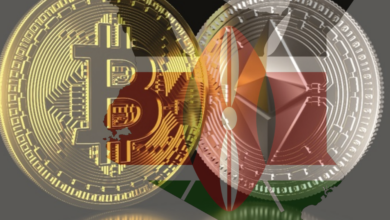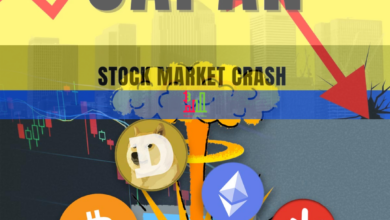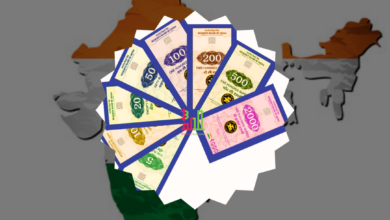US Imposes Sanctions on Buy Cash Exchange for Suspected Hamas Links

The U.S. Department of the Treasury’s Office of Foreign Assets Control (OFAC) has imposed sanctions on a cryptocurrency exchange located in Gaza that is implicated in raising funds for Hamas. This targeted exchange, known as Buy Cash, operates within Gaza and is accused of aiding in the financing of terror-related activities.
The National Bureau for Counter Terrorist Financing in Israel seized a number of cryptocurrency wallets associated with a Hamas fundraising campaign in June 2021. Some of these wallets were linked to the Izz al-Din Qassam Brigades, a Hamas military wing.
Among the seized wallet addresses was one belonging to Buy Cash Money and Money Transfer Company (Buy Cash), a Gaza-based business that provides services related to money transfers and virtual currency exchange, including Bitcoin.
Following Hamas’ recent attack on Israel, Israeli authorities have taken action by seizing numerous cryptocurrency accounts and assets totaling millions of dollars associated with terror financing. It was previously reported that Hamas received nearly $41 million in cryptocurrency leading up to the attack on Israel.
The U.S. Treasury Department’s OFAC has extended sanctions to encompass ten key members and financial collaborators connected to Hamas, who are located in various countries, including Algeria, Sudan, Turkey, and Qatar. These measures are part of the ongoing effort to address concerns about illicit funding channels that exploit cryptocurrencies for supporting terrorist activities.
As a result of OFAC’s actions, any assets or property interests held by the designated individuals within the United States or under the control of U.S. persons are now frozen, and such holdings must be reported to OFAC. Entities that are owned, directly or indirectly, to the extent of 50 percent or more by these blocked individuals are also subject to sanctions.
OFAC’s regulations prohibit transactions related to property or interests in property connected to designated or otherwise blocked persons, except when specifically authorized by a general or specific license issued by OFAC or granted an exemption.
Financial institutions and other entities should be aware of these sanctions, as they may face severe consequences if they engage in transactions or activities with the sanctioned individuals and entities.
These prohibitions include making contributions or providing funds, goods, or services to, for, or on behalf of any designated person, as well as receiving such contributions or resources from these individuals.




